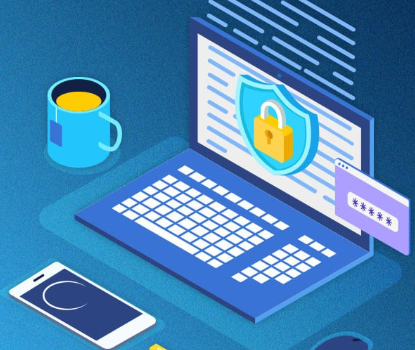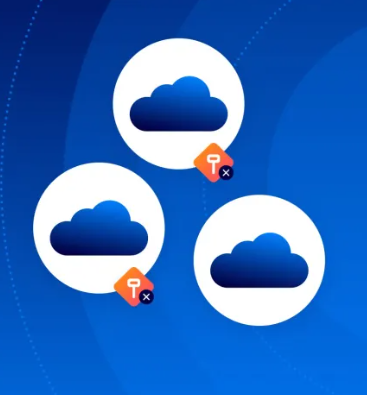
In today’s digital world, cyber threats are a constant concern. High-profile cyber attacks like WannaCry and NotPetya have highlighted the vulnerabilities even the largest companies face, but it’s not just large corporations at risk. Small businesses and individuals are also frequent targets of online fraud and data theft. As technology continues to advance, so do the risks associated with it. Here are 7 practical tips to help you protect your personal and business data from potential online threats.
1. Use Strong and Unique Passwords
Passwords are the first line of defense when it comes to online security. Many of us use simple passwords that are easy to remember, or worse, the same password across multiple accounts. This practice makes it easier for hackers to gain access to all of your services if they discover one of your passwords. The best approach is to create strong, unique passwords for each account, combining numbers, upper and lowercase letters, and special characters. Avoid using common patterns like dates or names. If keeping track of multiple passwords is a challenge, consider using a password manager to securely store them.
2. Be Cautious with Email Attachments
Email attachments can be a gateway for malware and phishing attacks. Be especially cautious if the sender seems unfamiliar or if the subject of the email appears suspicious. It’s better to delete emails from unknown sources without opening any attachments. Phishers often impersonate legitimate institutions such as banks or postal services, asking for personal details. Remember, reputable companies will never ask for sensitive information via email. Always verify the sender before taking any action.
3. Protect Your Online Payments
When making purchases online, it’s safer to use a prepaid card rather than a traditional one, especially if you’re unsure about the website’s security. Another security measure is enabling two-factor authentication (such as a password plus an SMS code) when authorizing transactions. Additionally, set up notifications for your bank accounts via email or mobile apps to monitor any suspicious activity. This method also works well for securing other online accounts, such as Google or Facebook, adding an extra layer of protection.
4. Avoid Public Wi-Fi for Sensitive Activities
Public Wi-Fi networks, such as those found in airports or cafes, are often unsecured and can be exploited by hackers to steal your personal information. Avoid accessing sensitive accounts or making online payments while connected to public Wi-Fi. If you must use such networks, always use a VPN (Virtual Private Network) to encrypt your data and protect your privacy.
5. Review Your Account Settings
Regularly check and update the privacy settings of your online accounts. Be especially cautious about the permissions you grant to apps. Many applications ask for access to your camera, microphone, and contacts, even when it’s not necessary for the app to function. Limit these permissions to only what is necessary, and be mindful of what apps can access.
6. Stay Secure on Social Media
Social media platforms can expose a lot of personal information if you’re not careful. Be mindful of what you share online and who can see it. Adjust your privacy settings to control who has access to your posts and personal details. It’s important to be aware of the potential risks of oversharing, especially when it comes to sensitive data that could be exploited by malicious individuals.
7. Regular Data Backups
One of the most crucial steps in maintaining your security is to back up your data regularly. Data loss can occur for many reasons, including cyber attacks and system failures. By backing up your data, you can avoid the disastrous consequences of losing valuable information. Cloud backup solutions are especially secure and reliable, ensuring that your data remains intact and accessible, even if your physical devices are compromised.
Conclusion
With cyber threats on the rise, it’s more important than ever to take steps to protect your online presence. By using strong passwords, being cautious with email attachments, securing online payments, avoiding public Wi-Fi, and regularly reviewing your privacy settings, you can significantly reduce your risk of falling victim to cybercrime. Regular backups ensure that your data is safe from accidental loss or malicious attacks. Taking these simple yet effective precautions will help safeguard your personal and business information in today’s digital landscape.












